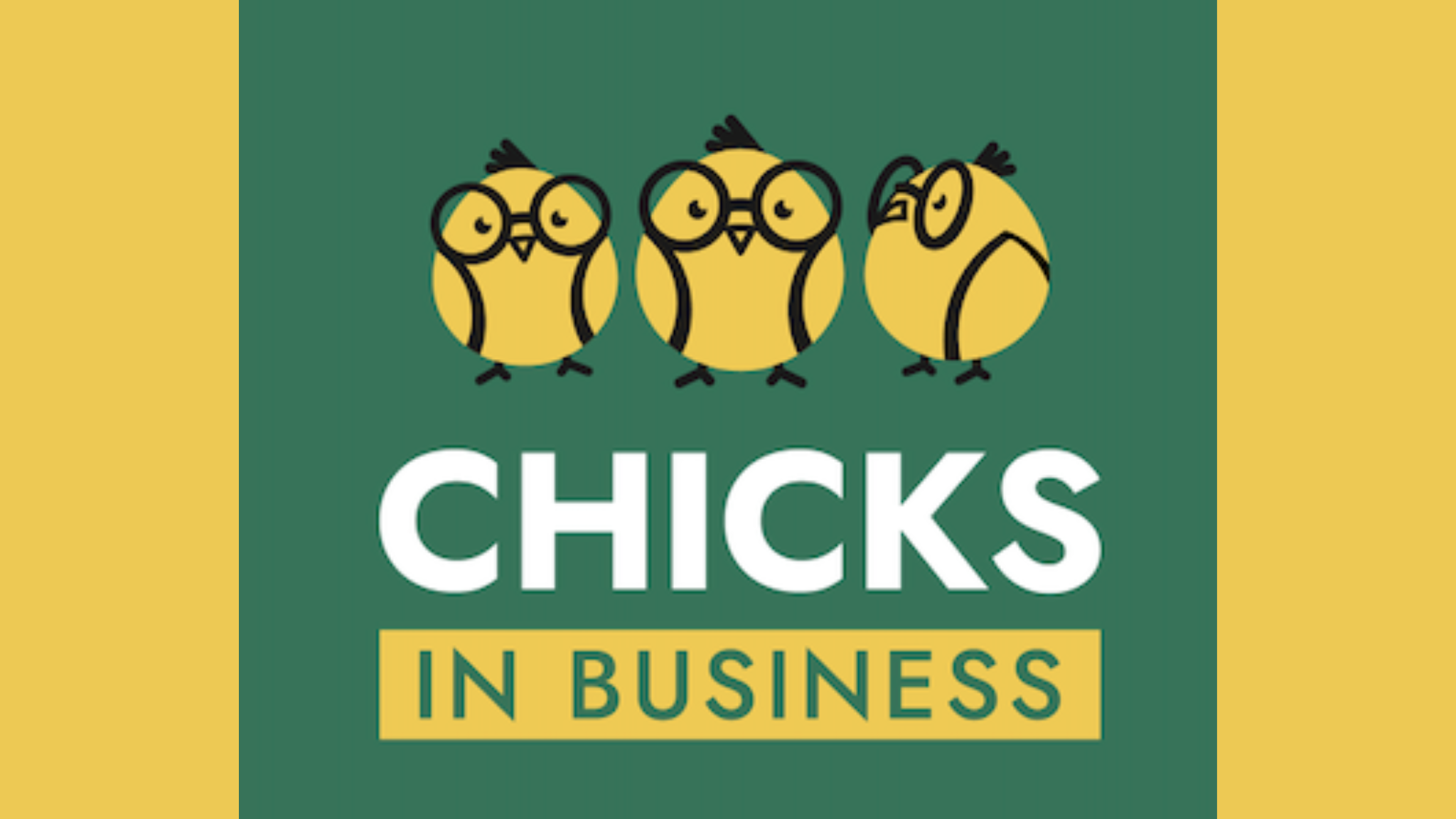Incorporating quizzes into your advertising tactics is an enormously overlooked marketing choice.
Seriously.
They are highly proficient at creating opportunities, capturing the attention of your audience, and a lot more.
I want to take it beyond merely getting you to put quizzes as part of your marketing plan, so I’m going to demonstrate precisely how to craft an efficient quiz, send it out, and then capitalize on it with marketing automation.
Eventually, we will look at a variety of corporations that have been successful using quizzes as part of their promotional tactics, so at the conclusion you’ll have a greater understanding of the topic.
Part I: Creating Your Quiz
You might not be aware of the amount of thought that is put into a quiz. It’s been reported that 60% of individuals only read a headline when they encounter the written word. We need to create a strong initial impression, so let’s begin by discussing the title.
Title Selection & Quiz Types
The outset of forming a quiz would involve devising a title for it. Once you have mastered that subject, it is time to decide what type of questionnaire you want to construct.
Below are some of the typical quiz names;
- The “Actually” Title: Believe it or not, adding the word “actually” can turn a simple question into a challenge. Compare “How much do you know about the Golden State Warriors” against “How much do you actually know about the Golden State Warriors” and you’ll see what we mean. No one likes to back down from a challenge, right?
- “The Which (Blank) Are You?” Title: This one’s a classic. Due to our innate inquisitive nature, sometimes we just have to know which Marvel superhero we are before we die. It’s just one of those things we have to cross off our bucket list.
- The “Celebrity Personality” Title: This is your typical personality quiz with the substitution of celebrities to give it that added pizazz. Because of the use of celebrities, they’re more likely to get someone’s attention sheerly through being starstruck.
Choosing The Quiz Type
The quiz titles above will give you a few ideas of quiz types, but here’s a few more to consider:
- The Personality Quiz – We like to hear good things about ourselves, so because of the “self-serving bias,” personality quizzes work so well. This type of quiz categorizes people into personalities that compliment them based on their answers. If you’re a brand that focuses on product sales, you could use a personality quiz to place individuals into categories with personalized product recommendations based on the answers they gave.
- The Knowledge Test: The knowledge test simply challenges anyone’s knowledge on a given subject. You could ask your audience how much they know about your brand, the products it offers, or any of today’s trending topics.
Crafting Quiz Questions
Now that you have a general concept of what sort of quiz you would like to develop plus a title to accompany it, it’s time to make it a reality by filling it with questions!
Here are some things to keep in mind when formulating your questions:
- Infuse Personality into Your Quiz: Breathe some life into your quiz by injecting your personality into it. Approach your audience as if you were talking to them in person. Make your audience feel comfortable so that they’ll be more likely to opt-in later.
- Use Images for Your Questions: There’s nothing wrong with having text-only questions, but don’t be afraid to use images either. Using pictures keeps things interesting and relevant, it also makes your quiz feel more like a trivia game.
- Keep It Short: People don’t have the longest attention spans, so keep things simple and sweet. Aim between 6 to 10 questions for your quiz, in general, this will only take your audience about two to three minutes to complete.
Set a Quiz Goal
Why are you making this quiz? Are you trying to get qualified leads? Can you learn more about your target audience? One can create a marketing quiz for the same motivations that extend to any other form of content. It would be beneficial to have a clear understanding of the desired outcome prior to introducing any potential concepts or solutions. Establishing an objective can aid in organizing the quiz development and offers you something concrete to gauge and track when you have achieved the goal of the material effort.
Part II: Distributing Your Quiz
It’s time to put your quiz to the max by advertising it on social media platforms. Some popular social media platforms for a quiz would be Facebook and Twitter, but you can use paid promotion on Facebook to give it a further push.
Share Your Quiz on Facebook and Twitter
When sharing your quiz on Facebook or Twitter, be sure you check off each of these to get the most out of promoting your quiz:
- Be sure to use an attractive image to represent your quiz.
- Make sure you have a captivating headline for your quiz.
- Share both the image and the caption with a shortened link to track results.
Don’t Be Afraid to Use Paid Advertising on Facebook
We have condensed the lengthy process of promoting a quiz through Facebook via paid advertising into a more concise version that requires less time.
- Selecting Your Target Audience: You have your choices of selecting a target audience by location, demographics, behaviors, and connections. You can even break these categories down even further. Let’s take location for example. We can narrow down the location to country, state/province, city, and zip code. Why would we want to do this? Maybe your brand wants to target an audience within its immediate vicinity. We don’t know. It’s up to you how you want to set the parameters for your target audience. So give it a try.
- Creating A Custom Audience: Creating a custom audience consists of working with a list you’ve uploaded ahead of time. Facebook then generates an audience based on that list of previous customers you’ve already worked with.
Part III: Marketing Automation Follow-Ups
The exciting aspect of this is that you can take action on the information you’ve gathered. You might have believed that marketing automation would require a significant amount of time and effort from you, however it is not as demanding as you might have assumed.
We plan to investigate your referrals without hesitation when people join, and in two weeks, we will demonstrate to you how to take care of these referrals until they finally become paying customers.
Here’s a four-step sequence that your marketing automation email follow-ups should live and die by:
Thank Your Audience for Taking Your Quiz First
Right away when someone makes the decision to join, send them an email to express your appreciation and say “Thank you for taking our quiz!”. This will remind them that they have chosen to opt-in, as well as strengthen your brand image. This will provide people with a warning that you will be making contact with them in the near future.
Encourage Your Audience to Retake Your Quiz
In a couple of days, we’re going to resume from where your audience stopped: the outcomes of their quiz. Let your audience know what other outcomes they could have obtained. This could encourage your audience to try the quiz again, and possibly even to share the refreshed scores.
This is the ideal way to move on from sending a “thank you” email to distributing distinct information.
Tips for Creating Quizzes for Marketing
Use these tips to help you during marketing quiz creation:
Incentivize Your Lead Capture
Offer more of an incentive than just the quiz results to entice people to submit information via your lead capture forms; such as having a lead magnet. These are things you provide at no cost or charge in order to obtain people’s contact information. More incentives could include a complimentary digital book or an opportunity to test out a product or service at no cost. The choice of lead magnet you employ will have an effect on the data gathered in the lead capture process.
Ask For Information You’ll Use
Do not gather data simply for the purpose of having it. This could fill your customer relationship management (CRM) system with unnecessary information. Requiring an excessive amount of data may appear to be overly intrusive to the person taking the quiz. It is customary to request information such as one’s full name, desired gender, and a valid email address on a form intended to capture leads. It is typical for B2B enterprises to include sector, organization size, and organization name.
However, requesting something such as a phone number or street address may be too much, unless you explain why that info is needed. If you request more than necessary, you could potentially make the reward appear too insignificant in comparison to what the quiz taker must do in order to receive it.
Be Transparent
It is important to always explain the purpose of why one is seeking out the regular details or additional ones. If you intend to reach out to the leads either through email or a phone call, specify that on the lead collection form. Allow people being surveyed the opportunity to choose not to receive certain messages if it can be done. Establishing trust with your viewers boosts their confidence in providing you with their data.
Include Additional Engagement Features
Marketing quizzes are supposed to be fun. You want your audience to be eager to take, distribute, and discuss them. You can do that by including additional engagement features. Time limits or rankings can be used to create rivalry and collaboration between people taking part in knowledge tests. Allow individuals to look at all the outcomes of the personality quizzes to observe what their answers could have been if they had made alternative choices. The qualities of this quiz make it more of a game than an exam, aiding in increasing communication and discourse.
Use Keyword Research To Pick a Topic
Keyword research works for all content, even interactive quizzes. Utilizing search phrase apparatuses can assist with your web crawler enhancement, so as to get your test arriving pages ordered in inquiry related to points that are critical to your group of onlookers. Get a complimentary content marketing report from CopyPress to aid you in choosing a subject. It is evident that your content plan has some deficiencies as people are in search of data which is not accessible on your website or is minimally available. You can use keywords to develop marketing quizzes that both educate and present worthwhile content to your followers.
Why Should I Use an Interactive Marketing Quiz?
Utilizing interactive marketing quizzes as a component of your content plan can be hugely advantageous. They include:
Audience Connections
Creating interactive content makes things more personal. Rather than speaking to your audience or just transmitting a statement, you’re incorporating them in the discussion. This develops stronger relationships and builds connections between those you are targeting and your company. This can lead to more brand trust and loyalty.
Increased Engagement
As per Dana Flannery, who is the Director and SEO Specialist at TAC Digital, interactive content triggers people to spend a longer period of time on the page. When people linger on a page for longer, it could motivate them to explore more of your website by clicking through various content or exploring other features. It encourages them to stay on a page longer. This appears beneficial for the measurement procedures and can assist in obtaining more conversions.
Lead Generation
Marketing quizzes are a lead generation tool. You must give your contact information in order to view the outcomes when a content gate is set up. If they are truly interested in the outcome, it is more probable that they will enter a genuine email address, especially if you email the results to their inbox instead of having them exposed on screen after going through the check. Gaining insights into individuals can help build your email list and identify more qualified leads.
Target Market Research
Examining the answers to quizzes can give you a greater comprehension of your goal group, what appeals to them and what they require from your business. Depending on what kind of quiz is created, it can be determined what the participants’ predilections and behaviors are based on the responses they give. This is especially true for personality quizzes. You can also figure out what they know or don’t know from knowledge tests. By taking a look at the most overlooked questions on the test, it is possible to determine which topics may not be comprehensible and construct other material, like informational videos or learning base articles, to present more assistance.
Social Sharing
People appreciate the entertainment that quizzes bring and like to spread the excitement with associates, family members, and peers. They tend to be successful on social media due to their capability of being compared. There is the chance to talk and compare oneself to others among buddies or colleagues. The more visibility your business can gain on the internet, the more people will be familiar with your brand. This increases the scope of potential customers, thus drawing in more suitable customers and leading to a higher rate of successful sales.


